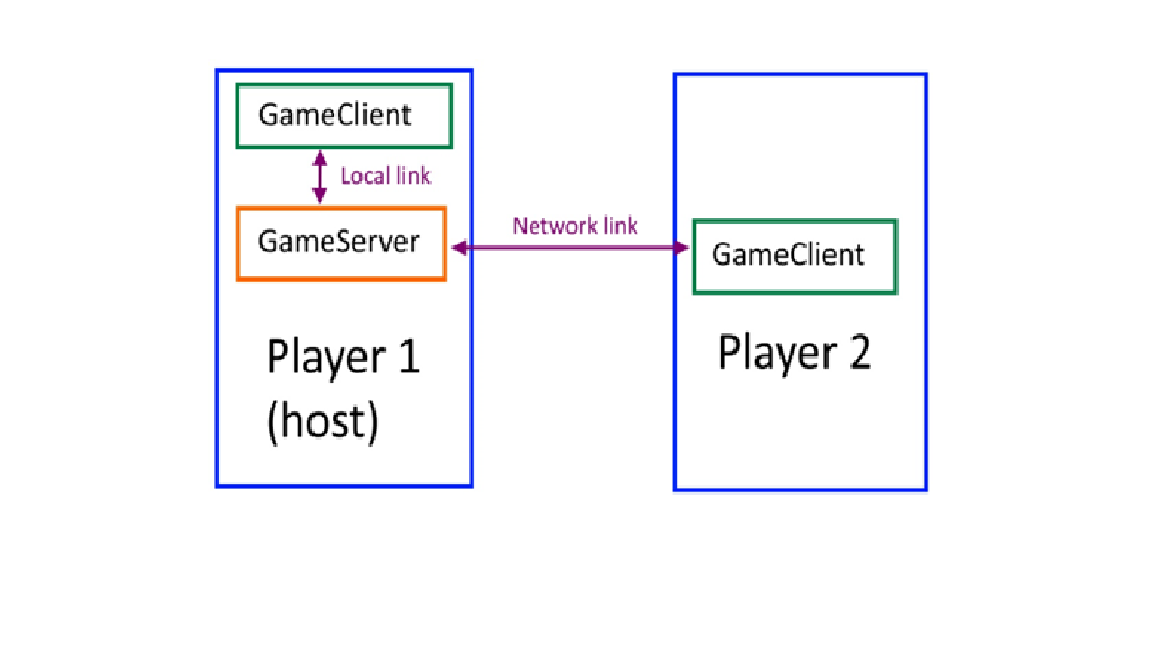Deep Reinforcement Learning for Real-Time Strategy Games
Main Article Content
Abstract
The application of Deep Reinforcement Learning (DRL) to Real-Time Strategy (RTS) games has become an increasingly important research domain in artificial intelligence (AI). RTS games, characterized by the complexity of real-time decision-making, resource management, and multi-agent interactions, present a unique challenge for AI agents. This paper explores the utilization of DRL techniques to develop intelligent agents capable of effectively navigating RTS games, such as StarCraft II and Warcraft. We provide an overview of key methodologies, including value-based, policy gradient, and actor-critic approaches, which have been adapted to handle the dynamic and partially observable environments of RTS games. Additionally, we discuss the challenges posed by large state spaces, multi-agent coordination, and long-term planning, and review recent advancements in scalable training environments and techniques like hierarchical reinforcement learning and multi-agent systems. Through a survey of the latest approaches, we highlight the progress made, from achieving superhuman performance in complex environments to solving real-world AI problems with implications for robotics, autonomous systems, and beyond. Finally, we present future research directions aimed at enhancing the flexibility, efficiency, and interpretability of DRL models in RTS games.
